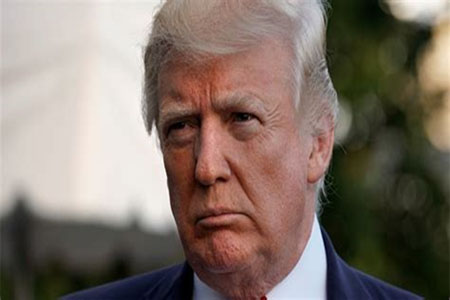
Afrasianet - It has been reported that US President Donald Trump is pushing for a security and political alliance, involving six Arab Gulf states, Egypt and Jordan, better known as the Middle East Strategic Alliance, but already nicknamed as the Arab NATO — a new bulwark against Iranian threats in the region.
The projected alliance is supposed to sponsor, inter alia, cooperation between the parties to the alliance on missile defences, military training and counter-terrorism measures. The "idea" is scheduled to be discussed and formally adopted at a summit, provisionally scheduled for October 12-13 in Washington.
Without belittling the Iranian expansionist moves in the region and its destabilising policies and practices, one wonders whether an Arab-based military alliance should be one-track minded and concentrate only on Iran, when there are many other enemies to the Arab order, on the top which is, of course, Israel.
It goes without saying that the biggest military threat to Arab security comes from Israel and if there is a plan to create an "Arab NATO", it should be multifaceted in its goals and include Israel among its list of enemies and not just Iran. Israel, after all, remains the biggest threat to Arab security and stability, and as long as there is no honourable, peaceful resolution for the Palestinian-Israeli conflict, Arabs everywhere will continue to view Israel as enemy number one and not Iran.
Besides, the everlasting threat to Arab security and stability is the absence of true democracy in some Arab quarters. The most savage wars in the region are internal and not external. The proposed "Arab NATO" should therefore have a multidimensional perspective and goals, including the promotion and protection of human rights through viable and pluralistic democratic institutions that meet international standards on both political and economic fronts.
And speaking of the Iranian threat, lines of communication must be left open between the Arab countries expected to join the alliance and Iran. The animosity between the two sides cannot be regarded as necessarily permanent or even long-lasting. Under certain conditions, peace and cooperation can still be re-established between them.

